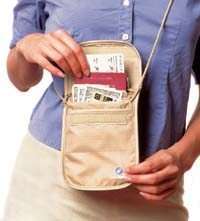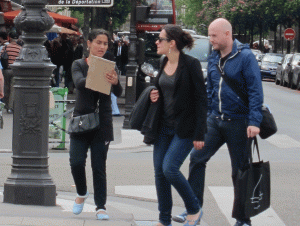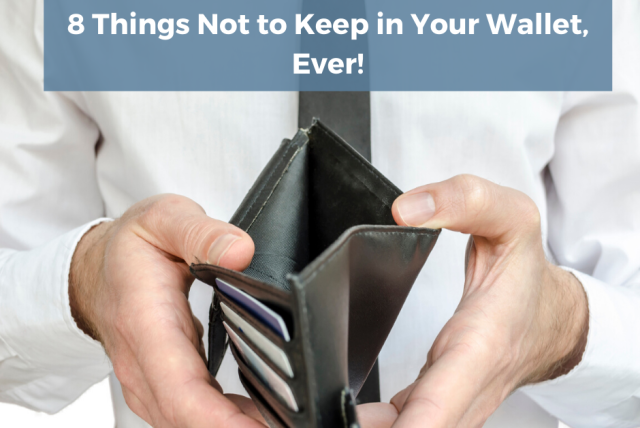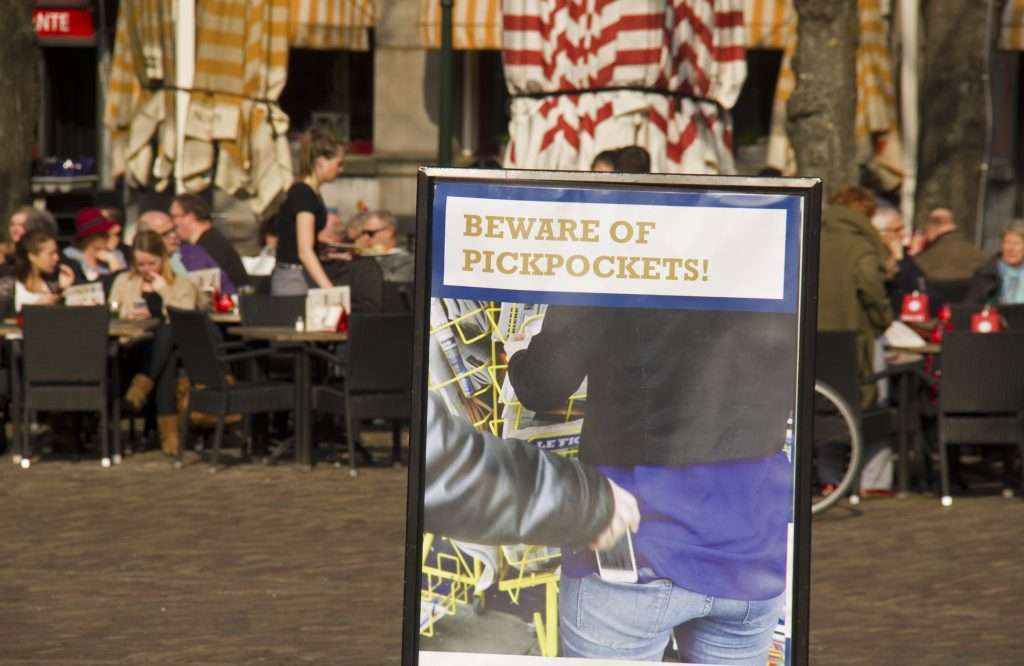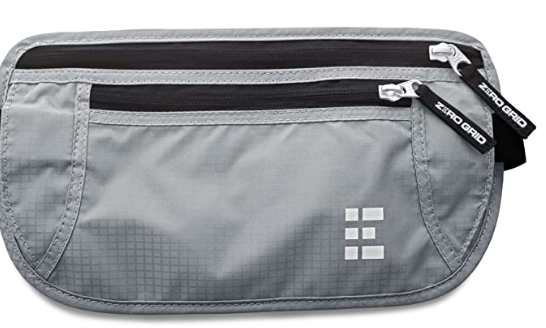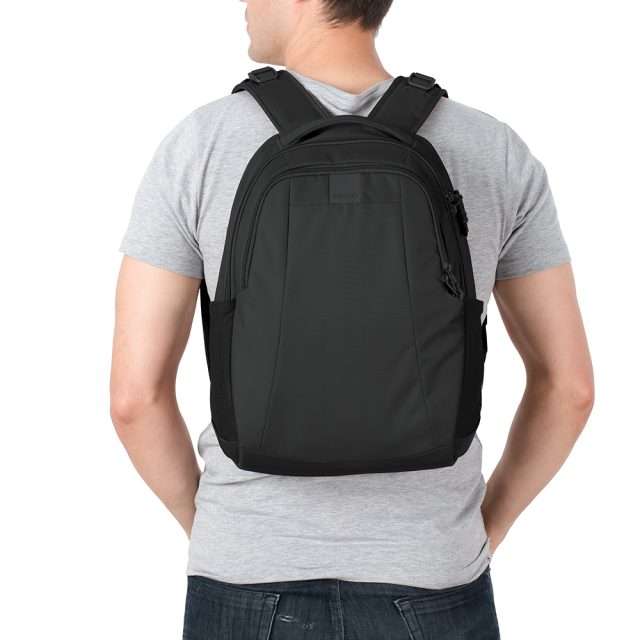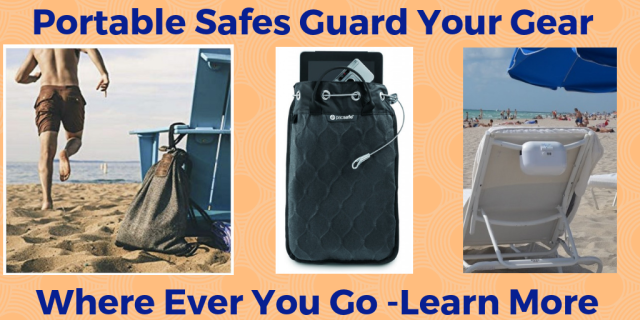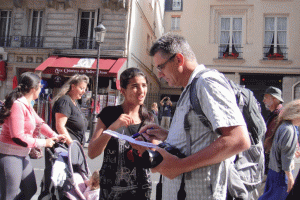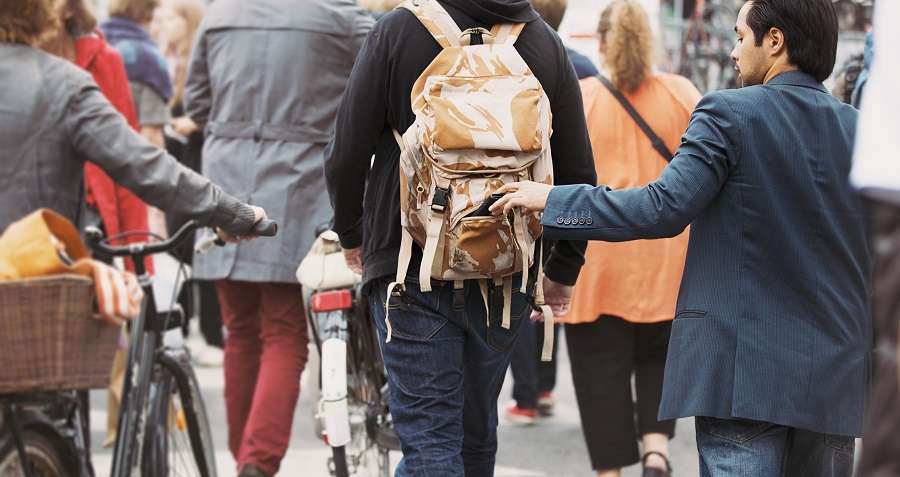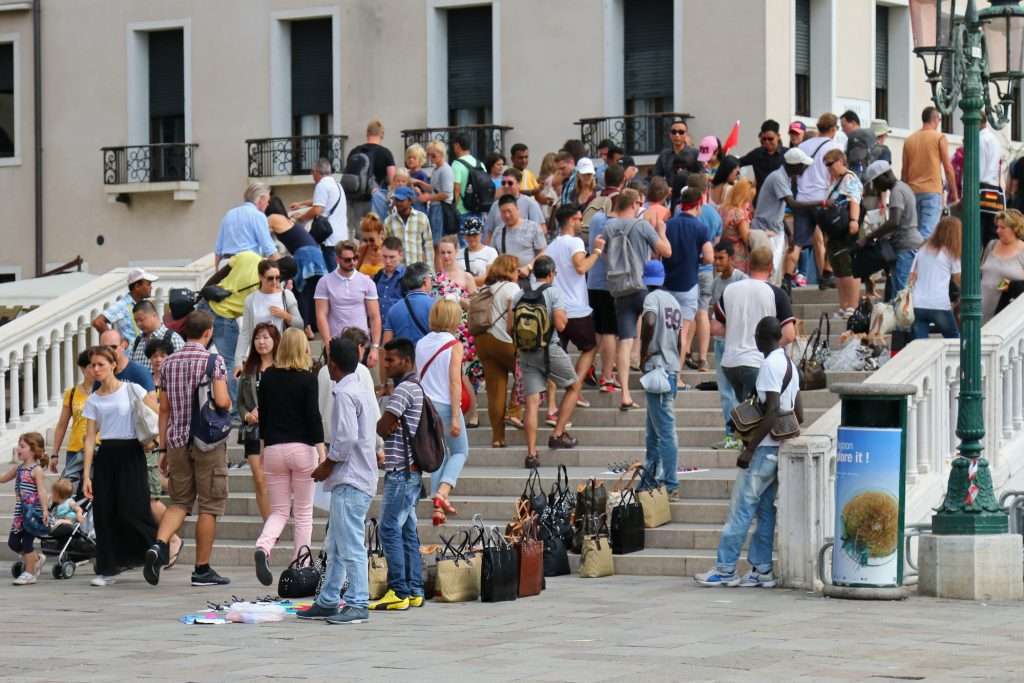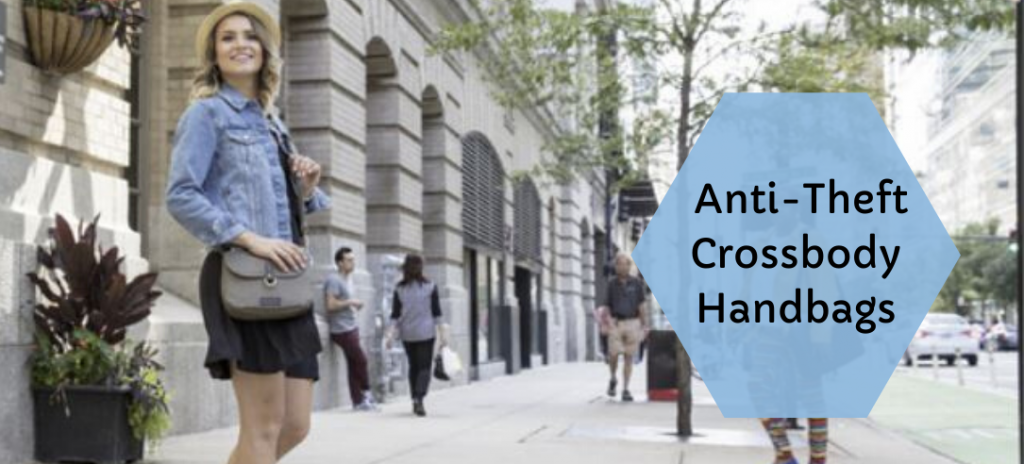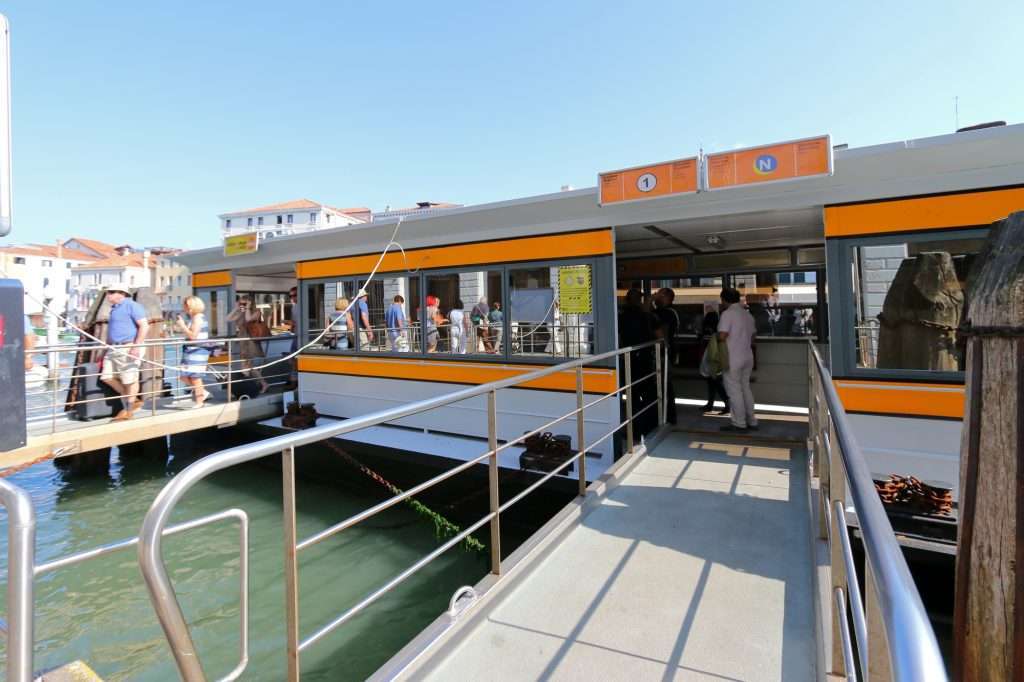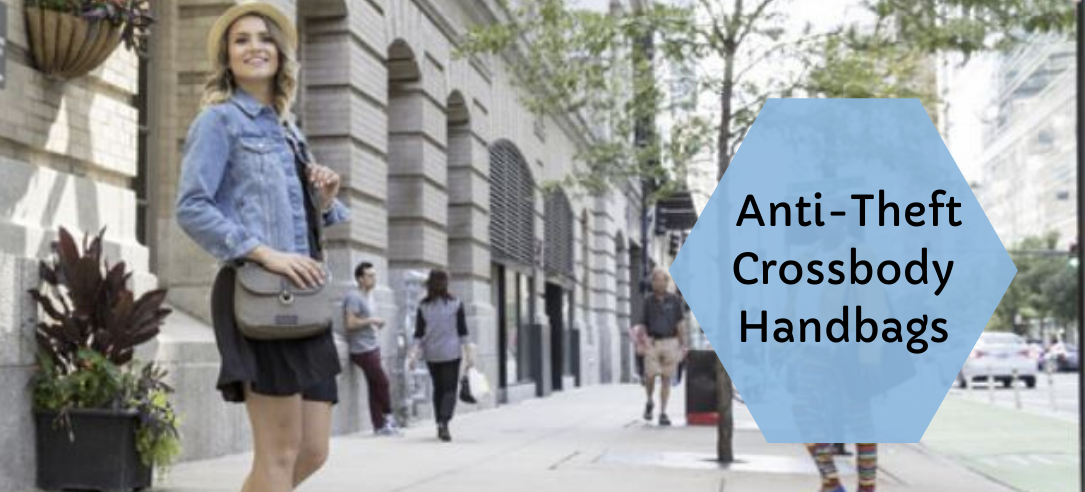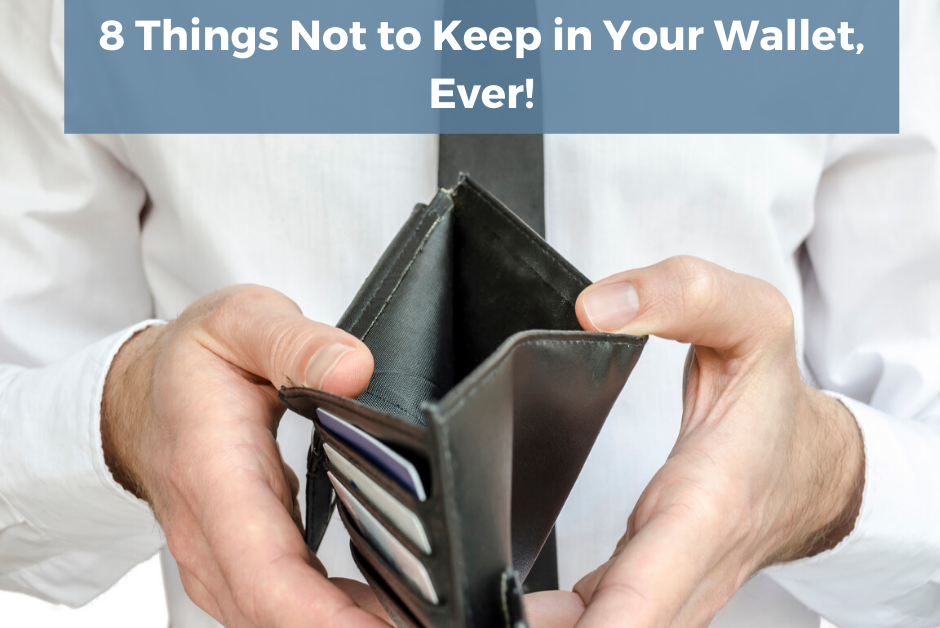How to Keep Your Passport Safe – Tips for Travel
Your passport is your key to proving citizenship and is the document that the US and other countries use to recognize you and to let you enter the country, therefore you must safeguard this critical document. Always take measures to keep your passport safe Anyone traveling abroad, especially for the first time, should take a few minutes to read up on important passport security tips. Keeping your passport safe at all times, around the clock while you’re out of the country will get you home, no problem. Equally important is being aware of passport scams that you may encounter. Your passport is your key to traveling the world, as well as getting back home. It’s also a hot commodity on the black market so being aware of the latest scams to steal your passport is highly important too.
A passport is an internationally recognized travel document that verifies your identity and citizenship. Only the U.S. Department of State and U.S. Embassies and Consulates have the authority to issue or verify U.S. passports.
You Need A Passport to Re-Enter the United States
Most foreign countries require a valid passport to enter and leave. Some countries may allow you to enter with only a birth certificate, or with a birth certificate and a driver’s license, but all persons, including U.S. citizens, traveling by air, must present a valid passport to reenter the United States.
A stolen passport can cause a lot of problems for you when it’s time to come home. Not only will you not be allowed to travel, but you could also lose your non-refundable airline ticket and face additional unexpected travel expenses while you try to get it replaced. Finally, you may even return home to find only to find your identity has been effectively stolen, and a mounting debt problem to manage.
Before You Do Anything Make Sure You Know When Your Passport Expires
Do not leave it until the last minute to check when your passport expires. Many countries require a passport to be valid for at least six months beyond the date of entry into the country. Therefore, if you are planning to travel and your passport is due to expire in less than a year, you should renew your passport before departure. You should also make sure you have at least one clear visa page in your passport for immigration stamps. Here’s a tip set a calendar reminder approximately 11-12 months prior to your passport expiration date. That way you’ll have enough time to renew your passport without having to pay to expedite fees.
If You Apply for a New Passport Also Apply for a Passport Card
The Passport Card is a substitute for traveling with your passport to Mexico, Canada, Bermuda, and the Caribbean by land or sea. It is not valid for international air travel to and from these countries. A passport card is not valid to any other country than those just mentioned in the world. A passport card is the size of a credit card and fits nicely in your wallet. If you want to keep it on your person while in countries other than Mexico and Canada as an official identification card, you can while keeping your passport secured in a hotel room safe. Like passport books (for adults) a passport card is valid for 10 years. If you already have a US passport, and you now want a passport card as well you may be able to apply for a new passport card via the form DS-82.
What to Do Before You Leave
Back-Up Your Passport Before You Leave Home
Scanning all the pages of your passport (especially the personal details page) can help speed up the replacement process your original passport is lost or stolen. Once you scan your passport, place it into your Dropbox or Google Docs account so you will have worldwide access if needed. The objective is to quickly and easily prove your identity so you can obtain a new passport at the local embassy. Additionally, be sure to include any long-term visas in case you wish to re-apply or replace one. Another option is to take photos of your passport pages and keep them on your phone. This option is a bit riskier if your phone is lost or stolen and is not password, or fingerprinted protected.
Does Someone at Home Have a Copy of Your Passport in an Emergency?
Although having a scanned copy emailed to yourself or in your Dropbox account should be sufficient, leave a scanned copy of your passport with a trusted person (parents, friend, lawyer) who can be counted on to respond and act quickly to your call for help.
Place Emergency Contact Information Inside Your Passport
Put emergency contact information inside your passport in case someone has to access it in an emergency you are sick and unable to speak. You can enter the information on page 4 of the passport.
Tuck a Paper Photocopy of Your Passport into Your Travel Partner’s Luggage
This is for those times when internet access isn’t reliable or when your passport disappears. Alternatively, you can keep a photocopy in your room safe and, of course, a copy on your phone.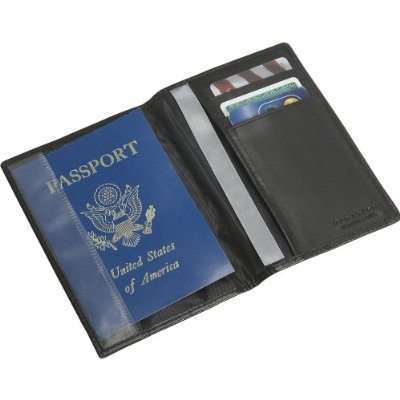
Cover Your Passport
Sometimes you may travel to a country where you may not want to let everyone know you are an American so keeping it covered may be a good idea. Not only does a cover keep your passport in good shape, but a blank passport cover from another country can be used to keep things low-key and to keep people guessing. The best passport covers have RFID shielding too, learn more here.
Carry Your Passport on Your Person Only if Needed
You should only carry your passport with you when you need it – otherwise, it should stay locked up. If you’re going to take your passport with you, always keep it in a location that is hard to get to. If you carry it in your purse or travel bag, keep it zipped up in an internal pocket within your bag. Don’t carry it loosely in your bag where a pickpocket’s hand can gain quick access to it. Never keep your passport in your back pocket. That pocket is called the “sucker pocket” for a reason. The very best way to keep your passport safe is to carry it on your person in an anti-theft pouch or money belt that is hidden under your clothes.
- Here is a selection of anti-theft money belts and wallets.
- Here is a selection of anti-theft travel purses with special anti-theft zippers.
- Here is a selection of travel bags and security day packs with anti-theft features.
If you don’t want to invest in special travel security products and are using a bag make sure it’s a crossbody shoulder bag or a waist pack and keep the bag in front of you with all zippers and snaps closed up at all times.
If You Leave Your Passport, Lock it Up
If you leave your passport behind, and you’re relatively confident in the safe in your room, you can use that, but be sure that others can’t get into the safe while you’re gone. Many of the hotel and cruise ship safes are just not that secure. Use a hotel room safe lock for extra security, learn more here about the Milockie.
If your room doesn’t have a safe, leave it with the hotel front desk or hostel and have them lock it in their safe behind the front desk. Alternatively, if your room doesn’t have an in-room safe, consider packing a locking travel safe. you can use in your room or another location even at home. If you don’t want to buy a portable travel safe, lock your passport inside hard-sided luggage that you can lock to an immovable object in your room.
One Adult, One Passport
Some people make the mistake of keeping all the passports together and held by one person. That action simply means losing more passports at once rather than keeping them all safe. Each person who’s old enough carries their own passport. Spread out the kids’ passports among the adults to minimize the impact of a single theft.
Never Put Your Passport in Your Luggage While in Transit
Luggage gets stolen or pilfered by dishonest airline workers, hotel employees, and others who may have access to your luggage when it’s out of your sight. So we’re back to carry your passport on your person when in transit. Here’s an example of a passport security mistake. You place your passport in your carry-on luggage and board a shuttle bus from the airport to the hotel. Along the route, the bus stops at a destination before yours, someone gets off the bus and mistakenly (or by purpose) takes your bag. Since your luggage was in the rear of the shuttle van or bus, you did not see the mistake (or theft) and off goes your passport. Always keep your passport safe by keeping it on your person, or in a secured bag on your person.
Be Wary of Those Who Want to Hold Your Passport
This practice isn’t very common today, but in some places, foreign hotels will ask for your passport and keep it. In some cases, they’re required to report the information to local authorities. If you’re uneasy with this practice – and you should be – ask the establishment to accept a copy of your passport instead of holding the document itself.
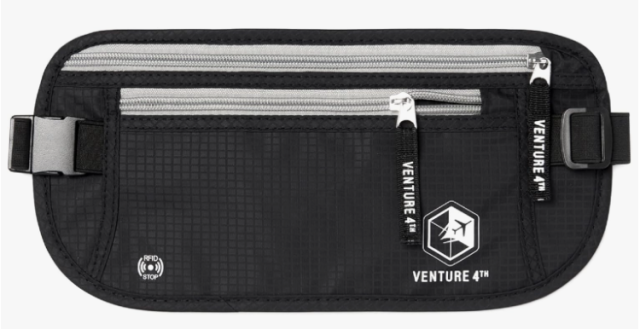
RFID blocking money belt keeps passport, cash, cards hidden. Wear around your wiast and under a shirt or lower and tucked into your pants.
Fake Police Officer Passport Scam
Fake police officer scams have been around for a while – and if you don’t pay attention, you could easily fall for the scam. The thieves work on your inability to recognize what a real police uniform looks like – and in reality, could you tell the difference between a fake and real police officer’s uniform if you were overseas? These thieves will do whatever it takes to make you believe they are the police. They will engage in a conversation and ask you for your passport – as if a real police officer may. This is a scam to steal your passport. Fortunately, this scam is not a prevalent one.
Name on Passport and Airline Tickets Should Match
This is of particular concern for women who recently married and are traveling with tickets under their married name, yet have an older passport in their maiden name. The solution is to travel with tickets passport, and driver’s license all with the same name. Since 911 security is more rigid.
Check For Your Passport Regularly – In Private
Check regularly that you’re still carrying your passport where you think you are, but do this only in private. If you make it obvious, a thief who’s watching will know just where to look for it. Check in the privacy of your room before you leave for the day and use opportunities like visiting bathroom stalls to verify your passport is still secure.
Articles For You




